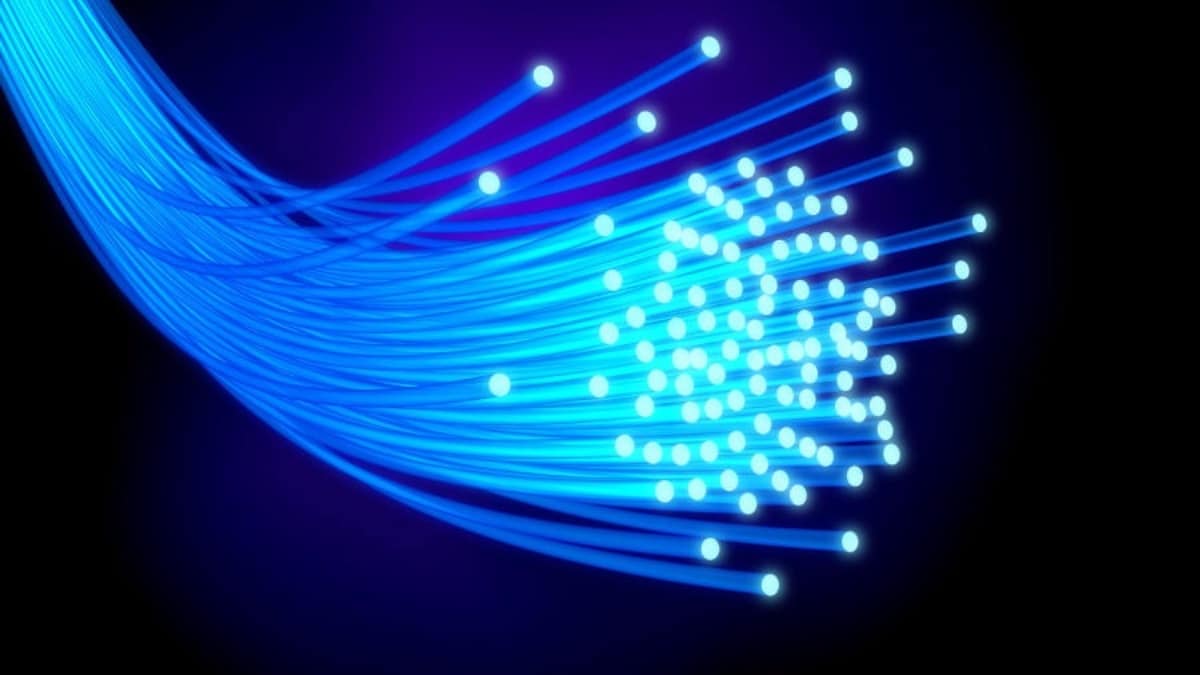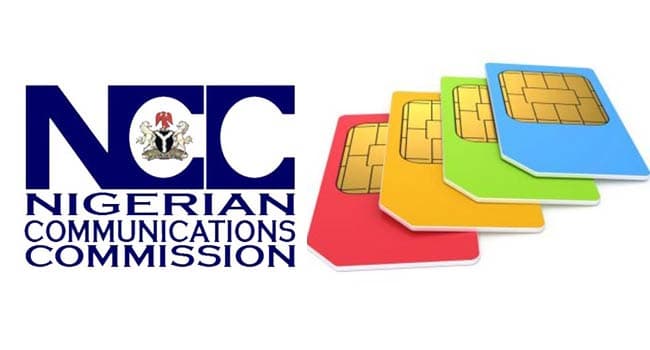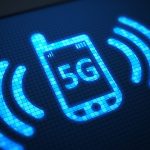Increased broadband, public–private partnership (PPP) and greater internet penetration remain part of major drivers of Nigeria’s digital economy, says NCC.
Nigerian Communications Commission, NCC, made the submission at a virtual conference by the Lagos Chamber of Commerce and Industry (LCC).
NCC noted that sustained investment in broadband by Public Private Partnership is the frontier for enriching Nigeria’s Digital Economy.
Executive Vice Chairman/CEO, Prof. Umar Garba Danbatta made the statement while speaking at the conference.
The conference dialogued on the theme: “Disruptions, Resilience and Governance in Digital Economy.”
What is Broadband Technology?
Broadband is a type of internet technologies that has very high speed in transmitting large chunk of data.
It provides high speed internet access using technologies like fiber optics, wireless, cable, DSL and satellite.
Broadband can be described as the internet whose minimum speed is 25 Mbps for downloading files and 3 Mbps speed for upload files.
Examples of broadband technologies include:
Digital Subscriber Line (DSL) and Cable Modem.
Others are Fiber, Broadband over Powerlines (BPL), Satellite and Wireless connections like 5G and 4G.
Digital Economies depend on broadband technologies to thrive and the Nigerian Digital economy can only evolve with increased broadband technologies.
What is Digital Economy:
Digital economy refers to all businesses conducted using technological devices that operate with the internet and World Wide Web (www).
It can also be described as the Internet Economy, Broadband Economy, New Economy or Web Economy.
In Nigeria, many businesses rely on the internet to function, hence, are digital economies.
From Point Of Sales (POS) to delivery services, financial institutions like banks, hailing services like Uber, you just name it.
Sports betting websites, entertainment channels and many others also depend on the internet to thrive.
ALSO READ: Nigeria attains 70% localization of internet traffic with IXPs
The digitization agenda of the federal Government is a further direction in the country’s digital economy.
Simply put therefore, Digital Economy is conducting business through markets based on the internet and the World Wide Web.
Broadband technology And Digital Economy In Nigeria:
Nigeria’s large population of young men positions the country to better reap more benefits of the digital economy.
NCC said broadband has been the active driver of Nigeria’s digital economy.
The country, notably, stands to reap more from the mobile market segment of her digital economy.
Dambatta of NCC, in the statement, explained this by referring to a World Bank’s report on Nigeria’s Digital Economy and Broadband penetration.
According to him, “a 2012 World Bank report already documented how public-private partnership (PPP) projects have been used to provide broadband access nationally, regionally, or in rural areas to improve broadband access to unserved and underserved locations.”
Also, World Bank Group’s 2019 diagnostic report on Nigeria’s Digital Economy reveals “Nigeria has largest mobile market in Sub-Saharan Africa.”
The report also noted that Nigeria needs a “strong mobile broadband infrastructure” and improved connectivity to drive digital economy.
The country is home to several high-growth digital companies that provide hopeful examples of the country’s digital potential.
Examples are PoS businesses, sports betting cites, hailing services, delivery services, and many other businesses conducted online.
It noted that although Nigeria’s international connectivity is well developed with broadband, local penetration needs improvements.
Challenges:
The challenges, according to NCC and World Bank, lies in lack of increased broadband infrastructure and poor broadband penetration.
As a result, many Nigerian citizens and businesses remain excluded from the digital ecosystem.
They lack better access to broadband as well as adequate devices (mobile devices and computers) to fully utilize the Internet for digital economy.
NCC, however, noted that both public and private collaboration in broadband infrastructural development is solution to the challenges.
“Therefore, to meet future challenges, our industries and infrastructure must be upgraded by evolving an enduring PPP model that services all the sectors of the economy,” said Danbatta
He also reiterated NCC’s commitment “to continuously engage relevant stakeholders, both in the public and private sectors, in the country and beyond, in order to ensure that appropriate infrastructure befitting a modern Digital economy system is available in Nigeria.”
Similarly, Worl Bank said to boost Nigeria’s digital economic gains and create 100 million jobs by 2030, then Nigeria “needs to increase investment in infrastructure.”
It also said Nigeria needs to “create an enabling regulatory environment for the digital economy to grow (e.g., regulatory enablers of DFS), pursue radical reforms that bring about improved skills and a more competitive digital job market, support public-private partnerships to stimulate and sustain demand for the use of digital platforms, and improve the current business climate to boost more investment opportunities.”
Implication for you:
If you own a business that depends on Internet, a high broadband means faster connection and faster service deliveries.
Your customers will have better and faster access to you, with enriching experience.
This will in turn translate to less cost and more revenue for you.
As a student, high broadband technology can help you access online learning materials faster.
You can download Youtube tutorials of large file size in just minutes.
Phone browsing of the internet will be faster, cheaper and more reliable.
However, government cannot always be the only investor in broadband.
Growing Nigeria Nigeria’s digital economy to stand at par with the digital economies of developed countries must involve private partnership especially in broadband technologies.



















 and then
and then